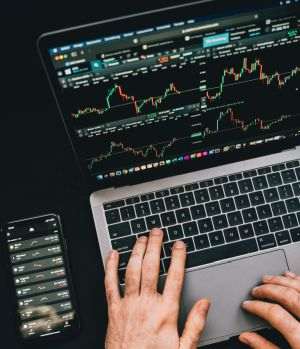Ocean warming, considered a crucial indicator of climate change, has accelerated significantly since 2005, a new report from Europe's Copernicus Observatory shows. More than a fifth of the world's ocean surface has been affected by extreme heat waves in 2023, a phenomenon that has devastating consequences for marine ecosystems and global fisheries, reports AFP. "Warming oceans can be seen as a sentinel of global warming. It has increased steadily since the 1960s, and since 2005, the rate of warming has doubled," said oceanographer Karina Von Schuckmann, during a video conference for the presentation of the Copernicus report.
• Marine heat waves and their impact on ecosystems
This warming of the oceans is accompanied by an increase in the frequency and intensity of marine heat waves, which affect 22% of the world's oceans. Heat waves have become longer, with the average annual duration increasing from 20 to 40 days since 2008. In some regions, such as the northeastern Barents Sea, high temperatures have become a constant, creating a state of "permanent marine heat wave". Record temperatures measured in coastal waters, such as those in the Balearic Islands in August 2022, where 29.2°C were recorded, illustrate the global impact of ocean warming. Marine heat waves negatively affect ecosystems, causing the migration and mass death of some species and diminishing the ability of ocean layers to mix, which affects the distribution of essential nutrients.
• Ocean acidity and fishing
In addition, ocean acidity has increased by 30% since 1985 due to the absorption of CO2 from human activities. This acidity affects corals, molluscs and other marine species that depend on a stable pH for survival. Above a certain threshold, seawater becomes corrosive, endangering marine life and affecting the fishing industry, the report warns. In conclusion, the Copernicus report highlights that this acceleration of ocean warming has complex and profound effects on the global environment and economy, calling for urgent action to combat climate change and protect marine ecosystems.










































